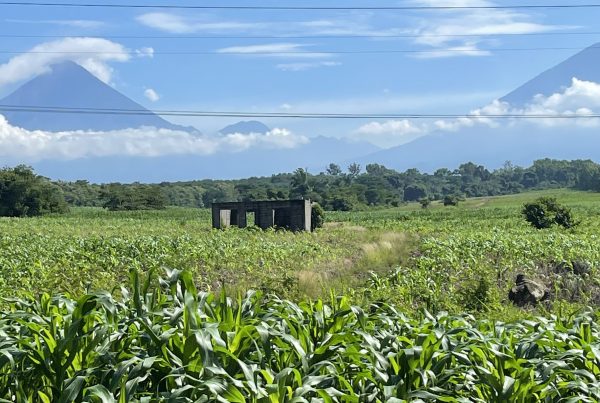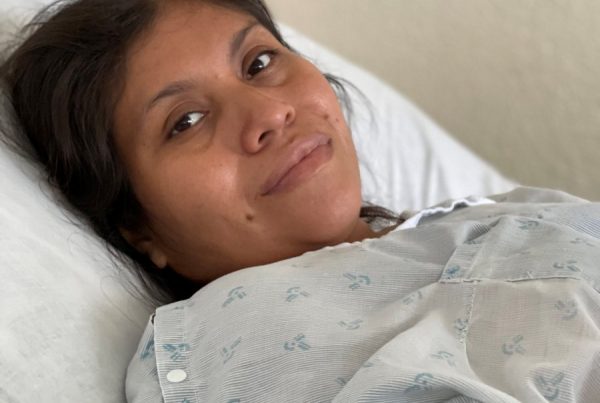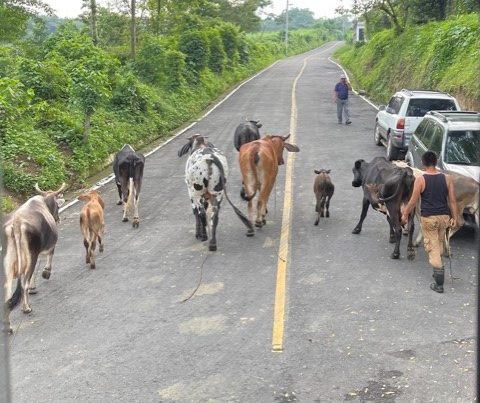Two weeks ago, I discussed how much the Bullard surgical team must change how they usually do things during this year’s trip to Reu, San Felipe, Guatemala. When faced with similar challenges, some people might hesitate to continue at all. In the United States, many individuals would even give up. But giving up is not an option in Guatemala, because giving up is exponentially costlier in terms of Guatemalans lives. It is a matter of life and death in the Central American country and one that would send aftershocks felt in the United States for years to come. Some volunteers might even wonder whether it would be better for them to not participate on a Faith In Practice (FIP) team this year with all of added restrictions on movement. But those individuals would be wrong.
Yes, it is definitely worth the time, effort, and money to adapt so much and continue FIP’s mission in Guatemala. The situation in Guatemala is literally a matter of life or death. This reality is also probably a very foreign idea to many readers in the developed world, including in most of the United States. So, let’s have a brief look at the situation on the ground in Guatemala since the pandemic began more than one year ago.
During the five years leading up to 2020, Guatemala enjoyed a substantial improvement in economic growth, which increased at a whopping 3.5 percent! According to respected economists, that is a large gain for any country (including the United States), and even though in the general public we frequently do not perceive it as one. This accelerated economic growth helped the Guatemala’s poverty level decrease notably. During that time, the country also experienced total unemployment as low as 2.5 percent. In addition, the country enjoyed lower rates of joblessness among young workers aged 15 to 24 years old and a decrease to 27.6 percent of its total number of NEETS, or youth not in employment, education, or training.
However, as of World Bank data available in October 2020, the number of Guatemalans living in poverty had risen to 59 percent (up from 29.9 percent at the end of 2019). Also, among the country’s total population of 16.5 million people, the number of individuals living in extreme poverty rose to 23 percent in 2020. The effects of COVID-19 on their livelihood are too numerous to list here. But simply looking at initial job and income losses is sufficient.
Between May and July 2020 during the country’s most restrictive lockdown period, Guatemalan national employment rates fell from 77 percent to 66 percent. That translates into approximately 800,000 jobs lost in less than three months. Similarly, those who were fortunate enough to retain their jobs suffered dramatically lower salaries. For example, 7 out of 10 Guatemalan households reported a substantial drop in total family income. Lastly, the forecast for the rest of 2020 was even more grim. Moreover, expert economists estimated the percent of poor people in Guatemala would increase another 3 percent. Today, current estimates for 2021 report still even greater losses. Overall, more Guatemalans continue to remain out of work.
In sum, the COVID-19 pandemic has already undone nearly all the economic and social gains Guatemala achieved over the last five years. Moreover, the reality is even more stark for Guatemala’s most vulnerable populations, especially its indigenous peoples, women and children, and prisoners held in the criminal justice system.
And, honestly, the first thought that came to my mind upon learning this bad news was “That just sucks”, which is strong language I have never used publicly before. (Note: I hope readers will please forgive me if I accidentally offend anyone by sharing this personal reaction now.)
In closing, I return to the remark I made at the beginning of this post. Without a doubt, the situation on the ground in Guatemala is a matter of life and death. Nearly all aspects of daily life have deteriorated across Guatemala—including their access to basic health care. As a consequence, too many individuals are struggling unnecessary.
It is a blessing that Faith In Practice (FIP) has found a way to resume its work in Guatemala doing whatever it can. The returning volunteers probably know better than anyone that no amount of aid is too little during hard times like these in a developing country like Guatemala. I imagine they also know that this year is just a new beginning upon which they can increase their outreach and workload later on.
And please do not forget that anyone can be an honorary and essential member of the 2021 Bullard Surgery Team 692 from the comfort of their home). All anyone has to do is to keep Guatemalans and Faith In Practice’s mission in their thoughts and prayers. That will always be greatly appreciated. Thank you.
If you are interested in learning more about FIP’s first two return trips, please have a look at the following trip blogs:
Team 688 – Parsley/Woolf Surgery, 05/01/2021 – 05/08/2021
Team 690 – Robinson Village, 05/22/2021 – 05/29/2021
Team 691 – Robinson Surgery, 05/29/2021 – 06/05/2021
Of course, stayed for another post on the Bullard Surgery Bullard Surgery Team’s upcoming departure to Guatemala tomorrow and their news directly from Reu starting this Saturday!
Only FOUR Days left until this team departs…





